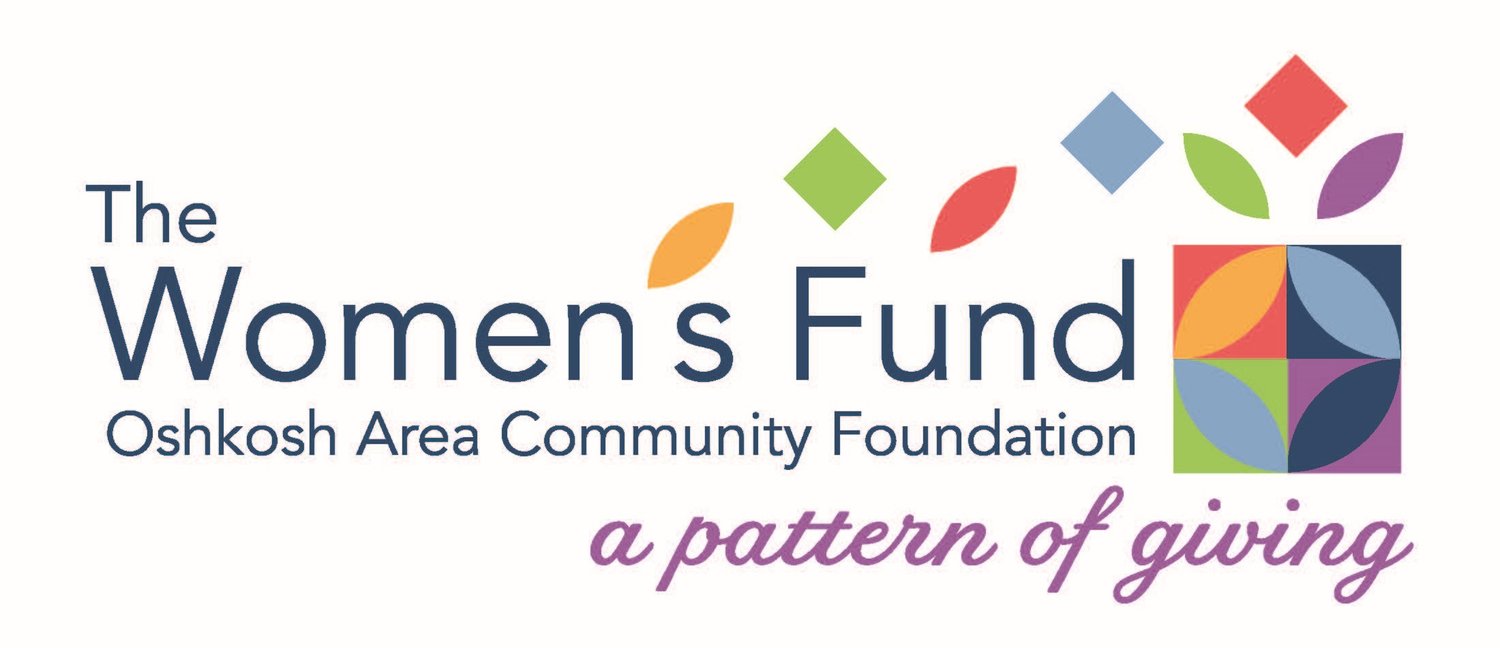Mental Health Matters
Mental health and wellness is for everyone. We may not all have mental illness, we do however, all have mental health. Just as everyone has physical health, but may not have a physical illness. Both the mental and physical parts of ourselves are equally important to maintain, and each contribute to the overall wellness of the other.
While stigmas and stereotypes around mental health are evolving and becoming more normalized, there is still much work to be done. We spoke recently with Lindsay Loewe, Mental Health & Substance Abuse Counselor with Collaborative Wellness, to learn more about this field and what she sees going forward. One of the biggest take-aways, was the importance of education around mental health and how that opens the door to understanding. As with many things, when we have more background knowledge and know more facts, we can understand more about a person or a situation. This is very true in the field of mental health and wellness. In one portion of our conversation, Lindsay explains the role of brain development in girls, as well as the scientific differences between the male and female brain. Knowing these facts about how girl’s brains develop helps explain their (sometimes) erratic behavior. Thus offering parents some relief in knowing that it is a normal experience, albeit not an easy one.
As the conversations and efforts in mental health & wellness have grown, a global pandemic is thrown into the conversation. The implications and toll our current situation has had, and will have on the mental wellness of our society as a whole, has yet to be seen or understood. There is no doubt it has increased our stress levels tremendously and the concerns of subsequent “shadow pandemics” are very real. In the short term, Lindsay stated that care providers are focusing on on treating the symptoms of mental illnesses. This is a marathon not a race however, so the long term approach and outlook on mental wellness is still evolving.
The COVID-19 pandemic is impacting us all to varying degrees, of that there is no doubt. A wise analogy has emerged, we are all in the same storm, but in different boats. The inequities marginalized and underserved populations face, are now shown in an even brighter light. The disproportionate affects the pandemic is having on women is a result of systematic gender norms. Women have historically been expected to do as much or more, for less. The pay-gap is an obvious statistic we can point to, but the pay differences just scratch the surface of inequities. Isolation, financial fears, childrearing responsibilities, schooling unknows, job security, and more, can have significant impacts on a woman’s mental health. Our inner dialogue on these issues can range from healthy to debilitating and everything in between. The science behind the way a woman’s brain is wired plays a big role in that. How we as women take care of our mental state and subsequent mental health determines how well we are able to function with our family, friends and in our jobs and our community.
While mental health may seem like a daunting topic, it is a crucial one nonetheless. Both for ourselves and a our children. We wrapped up our conversation with Lindsay to get her advice on how we can help our children through troubling times and experiences. Helping kids identify situations that make them feel anxious, scared, angry, etc., are valuable lessons that our societies as a whole will benefit from. Like so many things, we cannot do these things for our children. We can support them though, by holding space for them, offering them tools to help manage challenging emotions, as they learn more about themselves. Through doing this they’ll also learn to have empathy for themselves and for others. Often times the lessons we aim to teach our children, are also lessons we could benefit from ourselves.
Giving grace and empathy to ourselves, is as important as giving it to others. We challenge you to do just that today.
View the conversation in its entirety, on our YouTube channel here, https://youtu.be/eXCulqKXjaE
-Tania Harrison
